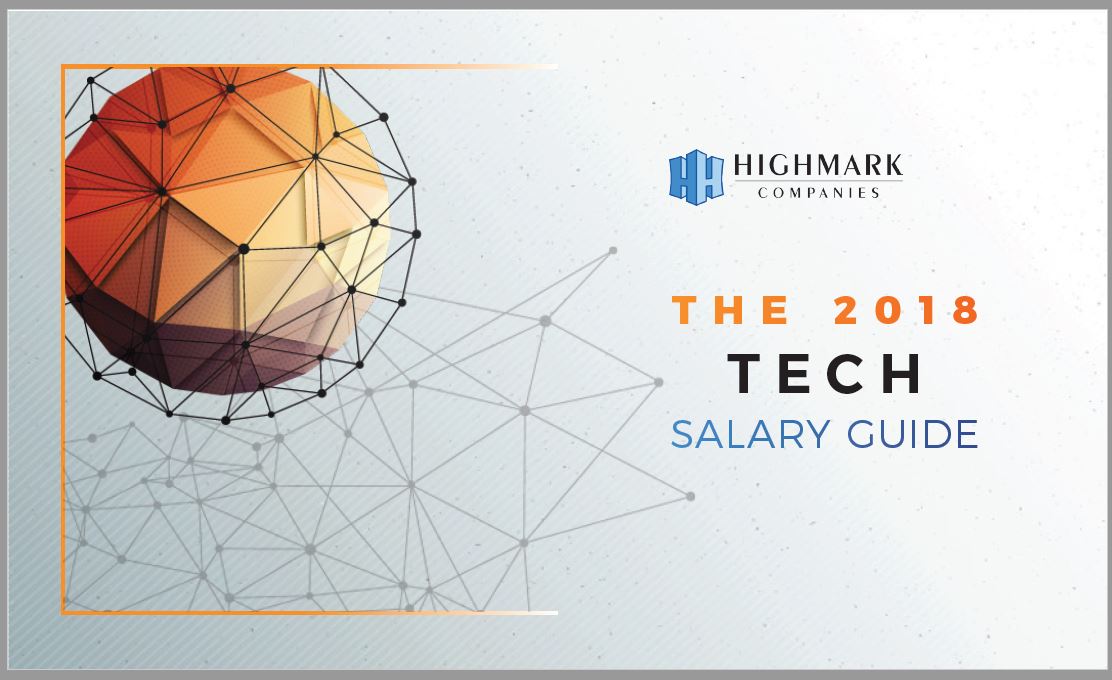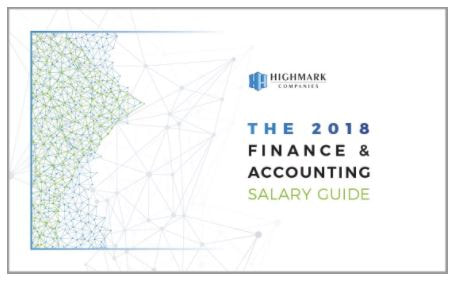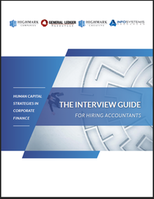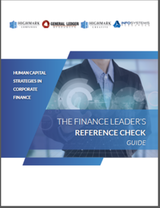|
While every demographic of Finance and Accounting talent provides valuable skills to companies in the industry, no two have a bigger impact than Baby Boomers and Millennials. In their own way, each is shaping the environment and altering hiring and retention rates drastically. In order to avoid any information loss or decrease in output between these generations, hiring managers must understand the changes each group is bringing to the Finance and Accounting field. Baby Boomers are Retiring
Baby Boomer retirement is no surprise, and has been identified as an upcoming issue for many years. That said, we appear to have hit an exponential phase in this generational exodus. Experts from the AICPA predict that over 75 percent of today’s CPAs will be enjoying the perks of retirement within the next 15 years. Meanwhile, the field is still growing, with a projected 11 percent increase in the employment of accountants and auditors alone. The sheer volume of open positions these retirees leave behind them is a significant factor behind the increased demand for Accounting and Finance talent. Meeting that demand is inherently challenging. Millennials are Wary of the Finance & Accounting Field With the high volume of retiring Baby Boomers, the hope would be to replace them with the equally massive generation of Millennials. But there’s a reason that sounds too good to be true. In fact, 62% of senior finance pros say recruiting Millennials is a challenge. By 2020, Millennials will make up about half of the global workforce, outnumbering Generation X and impacting what employee engagement looks like in massive ways. Unfortunately, this dominating generation is also averse to the financial services sector, according to a study from PwC. Why is this the case? Most likely it is the stereotype within Finance & Accounting of rigid corporate structures, siloed workflows, and outdated legacy technologies. This has led to 49% of senior finance pros reporting Millennials only stay 1-3 years at their company. Even if you succeed in hiring Millennials, only 18 percent of them expect to stay in their current role for the long term. This is especially true if they believe they’ve made compromises in the positions they accept right out of school. In fact, PwC’s study revealed that 72 percent of Millennials said they had made some kind of compromise, whether in the form of lower salary, fewer benefits, or less flexibility in location or hours. Ultimately, as demand for Finance and Accounting talent continues to increase, the limited supply of Millennial talent in this field is a major challenge. Attracting and retaining this generation will require a shift in your recruitment strategies, your employer branding initiatives, and your employee engagement tactics. When evaluating your current strategies, PwC’s study provides several more statistics to keep in mind:
The Challenge of Knowledge Transfer A common stereotype, but one based in some degree of truth, is that Baby Boomers have always been loyal employees, with only one to three employers throughout their lifetime. When this is the case, it’s easy to understand why their retirement is such a blow. They possess decades of knowledge specific to your company. They know all the ins and outs and reasons behind every process and procedure. Their value as leaders in the workplace is unsurpassed. According to Dorothy Leonard, Harvard Business School Professor of Business Administration, there is a distinct difference between information and knowledge. “Information is what you can get off of Google and what you can get from repositories. Knowledge, I would argue, is partially based on experience. So what I mean by tacit knowledge is stuff in your head that’s never been written down, never documented.” Baby boomers who have spent decades in the same organization are a treasure trove of knowledge. Thus, as one generation begins to retire in earnest, effective knowledge transfer to those they leave behind is vital. A careful identification process of specific skills or knowledge gaps is also critical, as some details will be so inherent to a Baby Boomer’s everyday work that people aren’t even aware of their existence. If any knowledge is missed, you’ll know the impact within mere months of hiring a replacement. Overcoming Knowledge Transfer Challenges There are two main strategies to overcoming this challenge, with the first being pre-retirement interviews. Generating job descriptions for the positions this generation is retiring from is not enough. You need a thorough checklist of every skill and expertise these people possess. An interview is one of the best ways to do this. Asking about their day-to-day jobs, including monthly, quarterly, or annual tasks, is an obvious place to start, but take it further by asking about their career path. What did they learn as they progressed their career? What were their goals? How did evolving business goals impact their work? What skill sets do they wish they’d gained sooner (and what skills are unnecessary, redundant or obsolete)? What experiences have been key to their career growth? Fostering mentor relationships is the second part of the puzzle. The concept of mentorship implies that you’ll be hiring replacements before those baby boomers retire, so knowledge transfer can happen more organically, on a day-to-day basis. Creating inter-generational relationships between employees in the same or similar positions will be highly valuable in the communication of tacit knowledge. Additionally, ensure documentation is a strong component of these mentorship opportunities; this will enable you to craft more effective training documents and procedures in the future. Baby Boomers and Millennials in Finance and Accounting It is a critical time in the Finance and Accounting industry, as strategies implemented today will determine the successes or failures of tomorrow. Without fully understanding the knowledge of retiring Baby Boomers, how to transfer it appropriately, and what Millennials desire out of their careers, you will have a difficult time remaining competitive. Need a hand finding talent that can propel your business into the future? Highmark can help.
1 Comment
|
The 2018 Finance and Accounting Salary GuideGet the most up-to-date Finance and Accounting compensation figures.
Get my guide >> Highmark's 2018 Tech Salary Guide
Download your guide to explore salary figures as well as approaches for hiring in a tight labor market.
Get my guide >> 
The 2018 Creative
|







 RSS Feed
RSS Feed